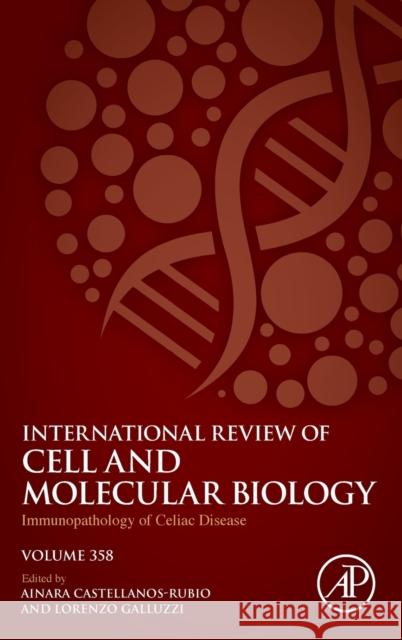Immunopathology of Celiac Disease: Volume 358 » książka
topmenu
Immunopathology of Celiac Disease: Volume 358
ISBN-13: 9780323853118 / Angielski / Twarda / 2021 / 278 str.
Kategorie:
Kategorie BISAC:
Wydawca:
Academic Press
Seria wydawnicza:
Język:
Angielski
ISBN-13:
9780323853118
Rok wydania:
2021
Numer serii:
001079195
Ilość stron:
278
Waga:
6.75 kg
Wymiary:
22.86 x 15.24 x 1.75
Oprawa:
Twarda
Wolumenów:
01











